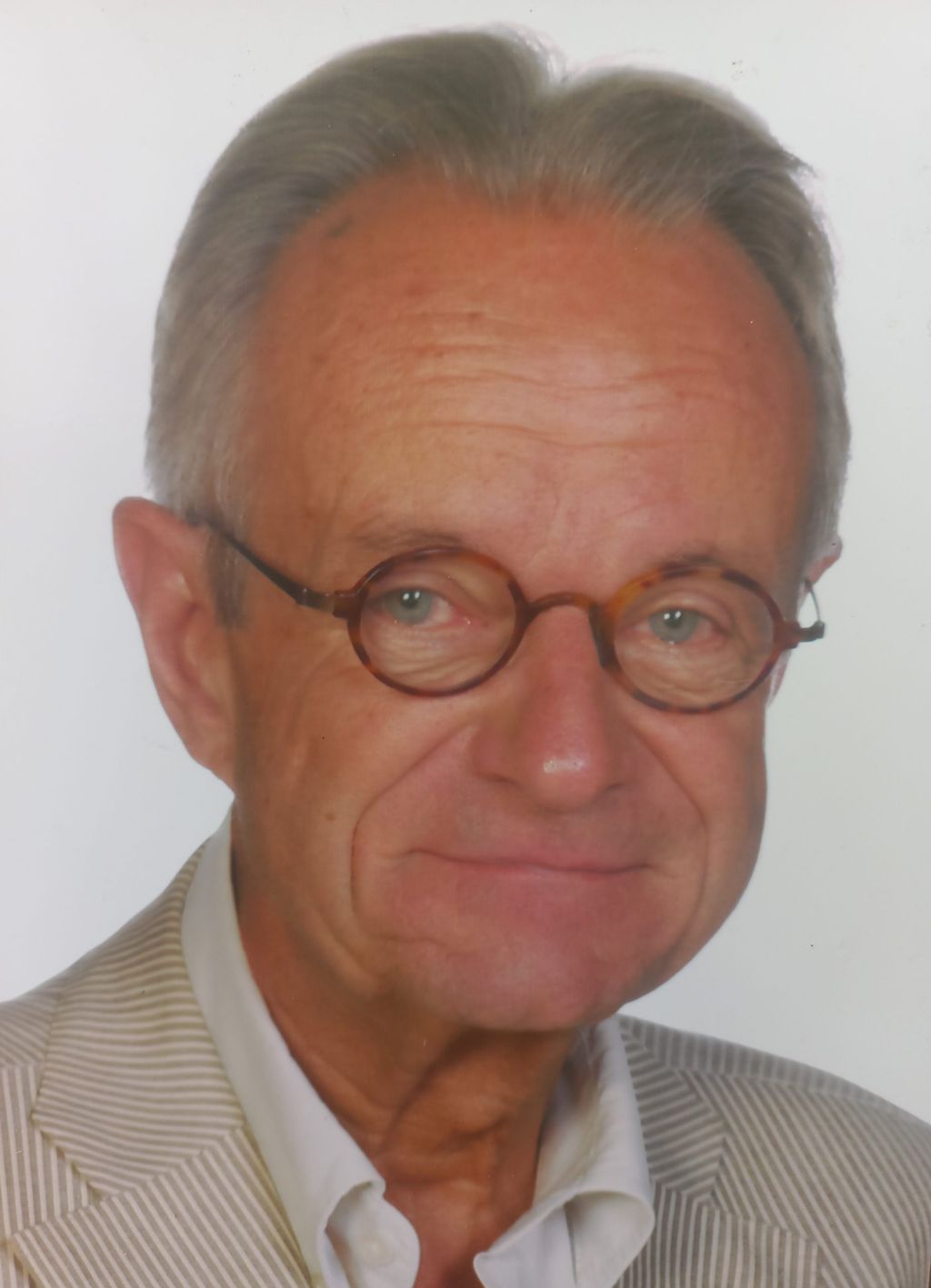From ambition to action: building Europe’s Defence Union
Past event In person

- Area of Expertise
- Peace, Security & Defence
Peace, Security & Defence

Former acting head of EU delegation to Russia and former EU ambassador to Croatia (residing in South Africa and Europe)
Four months ago, an arrest warrant against Russian President Vladimir Putin was issued by the International Criminal Court (ICC) in The Hague for his role in the abduction and deportation of thousands of children from Ukraine to Russia. In response, the world wondered whether or not South Africa would arrest Putin if he decided to attend the BRICS (Brazil, Russia, India, China and South Africa) meeting towards the end of August 2023 in Johannesburg. Many views were expressed and questions asked with regard to this matter, which seems – for now – to have come to a rest.
The EU would surely take a strong stance if South Africa, which claims to be neutral, openly sided with Russia
South African President Cyril Ramaphosa, who currently holds the Chairship of BRICS, had an extremely delicate issue on his plate. It was inconceivable that, as the host of the BRICS meeting, he would disinvite Putin; at the same time, his government’s responsibility towards the ICC was clear, as South Africa is a signatory of the court’s Rome Statute. Even if South Africa decided to withdraw from the ICC, the internal legal procedures within the country could not have been accomplished within the necessary timeframe. Hence, there would have been no choice but to arrest Putin if he decided to set foot on South African soil, as was recently confirmed by the country’s domestic legal system.
Not doing so would violate international law and disregard internal legal procedures. South Africa would lose respect internationally, specifically from the coalition of Western leaders defending Ukraine against the brutal war initiated by Putin 18 months ago. The country would risk losing the benefits of the African Growth and Opportunity Act (AGOA) with the United States, which gives South African products duty- and quota-free access to the US market and offers more advantages in terms of real money than any alliance with Russia. The EU would surely take a strong stance if South Africa, which claims to be neutral, openly sided with Russia. This so-called ‘neutrality’ already loses credence as noted from the positioning by China. Hypothetically, how could South Africa even benefit from supporting a Russian leader who is subject to an international arrest warrant?
Ramaphosa would do well to leave behind the country’s old alliance between the old guard of the African National Congress (ANC) and Moscow. Ramaphosa’s interests and those of his fellow citizens lie in building bridges with countries that are genuinely interested in working together with South Africans towards a common future. South Africa is committed to respecting territorial integrity, sovereignty and the rule of law. It should implement these principles without exception and must stand up against violations of international law.
Putin cannot leave Russia and risk an uprising in his absence
So, what happened over the past four months?
Domestically, the Democratic Alliance, a major political opposition party, went to court to ensure that South Africa respects its international legal obligation to arrest Putin should he visit the country. Civil society in South Africa has been very outspoken and strongly supportive of this view. They won their case.
Internationally, as reported in the media, many diplomatic consultations took place in all possible directions. While this is standard procedure, it concerns a real war, in which many Ukrainians and Russians have been killed. The extremely serious situation risks spiralling even further if the exports of basic food products from Ukraine continue to be blocked to the detriment of populations in many developing countries. African leaders raised the matter with determination at the Russia-Africa Summit in St. Petersburg, but to little avail.
And what made Putin change his mind about going to Johannesburg? Various theories and arguments have been put forward. The South African presidency stated a ‘mutual agreement’ with Putin was reached. However, it is unlikely that Putin decided against attending the BRICS meeting out of courtesy. Was it out of respect for the decision adopted by the ICC? Definitively not.
Putin cannot leave Russia and risk an uprising in his absence. Coups often happen when dictators leave the security of their capitals. Putin certainly remembers the coup attempt when Gorbachev went to Crimea in 1991. Recent developments triggered by Yevgeny Prigozhin’s mutiny, the circumstances of which remain very obscure, weakened Putin – perhaps even significantly. Hence, the less damaging decision for Putin to take was to stay at home and defend his prevailing interest in survival and power from Moscow.
Putin is determined to stay in power at any price and at any cost. Unfortunately, the lives of thousands and thousands of Ukrainian and Russian military personnel and civilians do not seem to be a concern to Putin. So, if the right circumstances for a ceasefire and peace agreement emerge, which Western leaders would still be prepared to negotiate with Vladimir Putin?
The views expressed in this #CriticalThinking article reflect those of the author(s) and not of Friends of Europe.
Past event In person

Next event In person & Livestreamed

Past event Online

Past event Online





Stay informed
We use cookies and similar technologies to adjust your preferences, analyze traffic and measure the effectiveness of our campaigns. Learn more about our privacy policy.